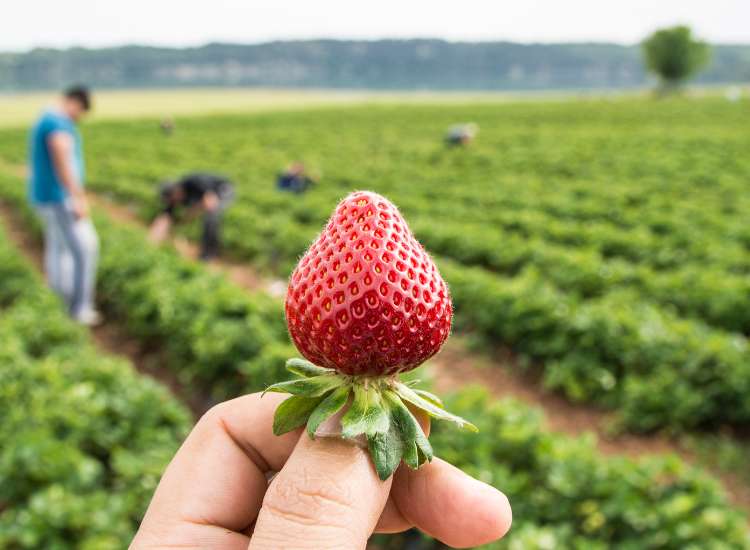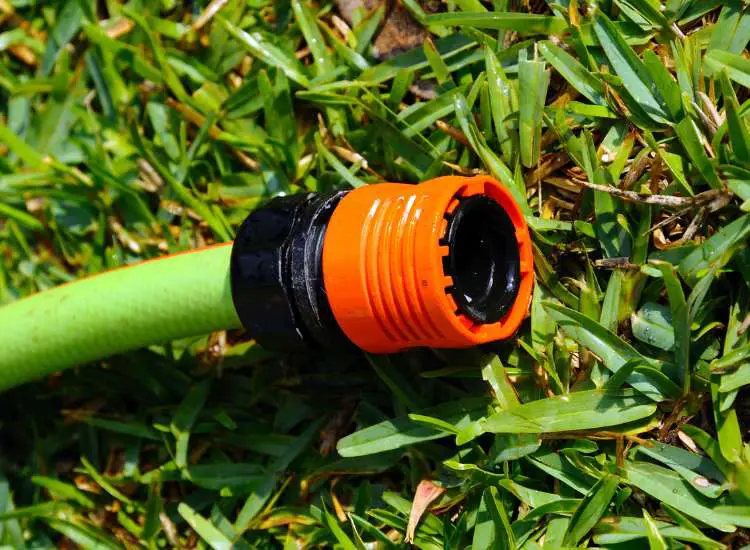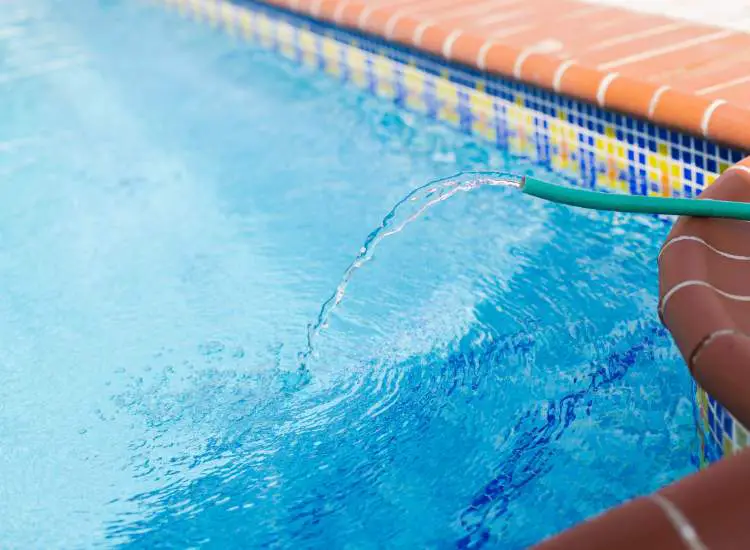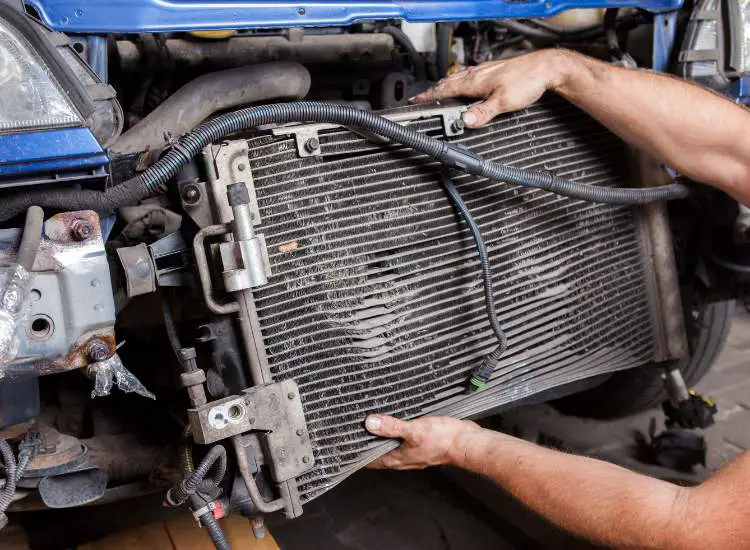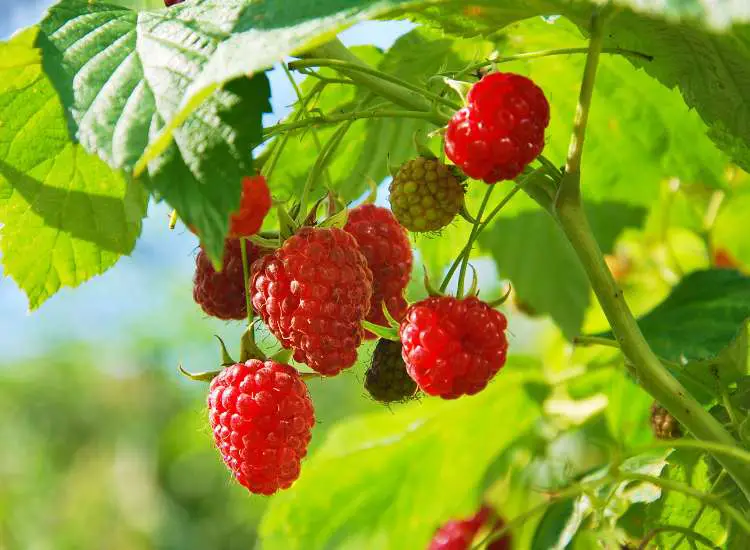Is Hose Water the Same as Tap Water?
As you dive into the world of water, you might wonder if hose water is the same as tap water. After all, they both come from your home’s plumbing system.
Upon examining the sources and treatment processes, you’ll discover some differences. We’ll explore what sets them apart in this article.
Defining Tap Water
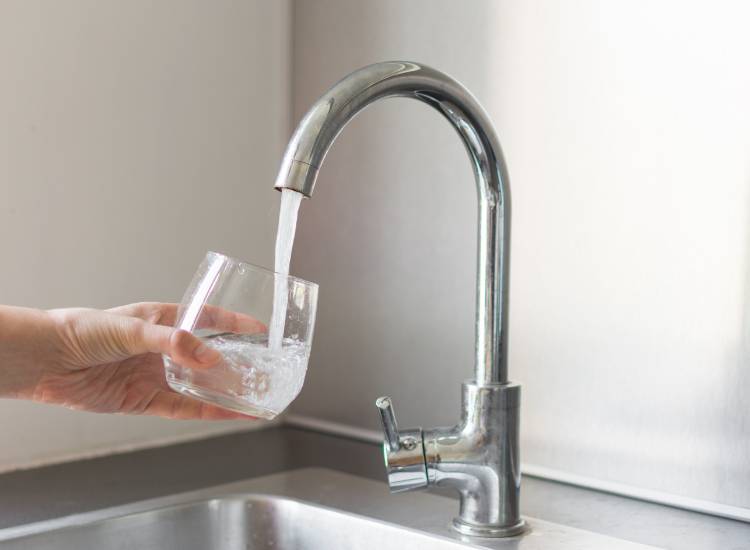
Source and Treatment
Tap water comes from various sources like lakes, rivers, and wells. It undergoes treatment processes before arriving at your faucet.
Treatment ensures that your tap water is safe to consume. The process includes filtration and disinfection, which effectively removes contaminants and kills harmful microorganisms.
You might be tempted to think that hose water is the same as tap water; after all, they both flow through pipes in your home. However, there are some distinctions worth noting.
Hose water, like tap water, originates from the same sources. But the difference lies in the pipes, fittings, and, crucially, the hoses themselves. They might not be built to the same level of regulation as plumbing systems meant for drinking water.
You should be aware that the quality of hose water can be affected by the materials used in the hoses or outside faucets. Some hoses may contain lead or other hazardous compounds, which could end up in the water.
Defining Hose Water
When you use a hose, you’re accessing hose water. This water comes from the same municipal water source as your tap water. However, there are some differences between hose water and tap water.
These differences mainly come from their respective sources and additional factors that might affect the quality of the water.
Source and Additional Factors
Hose water can be exposed to outdoor contaminants, such as dirt, debris, and even chemicals from the garden. These factors have the potential to affect the quality of hose water differently than tap water.
Additionally, the material of the hose itself can also impact the water’s properties, especially if it’s made from materials like PVC or if it contains lead and other harmful substances. Remember to be mindful of these external factors when using hose water for various purposes.
Physical Differences
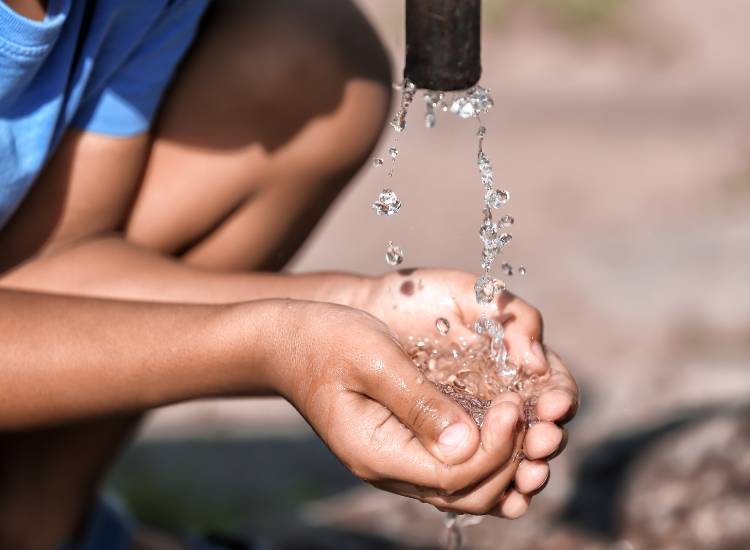
Taste and Color
When comparing hose water to tap water, you might notice differences in taste and color. Hose water can sometimes have an unpleasant taste, likely due to the materials the hose is made from.
On the other hand, tap water typically tastes purer as it comes directly from treated water sources. Similarly, hose water may appear murky, while tap water is often clearer.
Temperature
Another notable difference is temperature. Hose water usually takes on the temperature of its surroundings, meaning it can be warm or even hot in sunny weather.
Conversely, tap water temperature is more controlled and consistent, making it generally cooler and more refreshing.
Chemical Differences
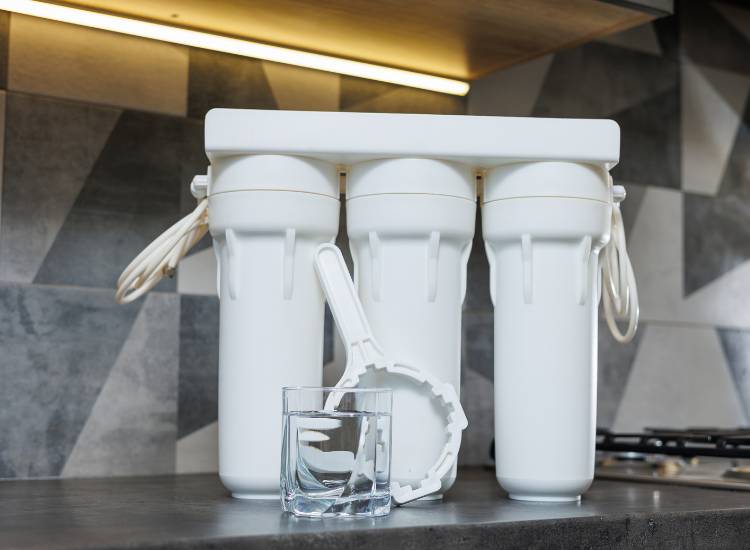
Chemical Contents
When comparing hose water and tap water, you may notice differences in their chemical contents. While tap water typically undergoes a more thorough treatment process, hose water might contain less-regulated additives or contaminants.
For instance, tap water is held to strict guidelines regarding levels of disinfecting agents such as chlorine or chloramines. In contrast, hose water might not undergo this same level of treatment, potentially leading to different chemical makeups.
Health Implications
These chemical differences may have health implications for you and your family. Tap water is generally deemed safe to drink because of strict regulations ensuring low levels of harmful substances. Hose water, on the other hand, can potentially contain higher levels of certain substances due to less stringent treatment processes.
As a result, it’s crucial to consider the potential health risks associated with using hose water for drinking or cooking. While occasional exposure might not cause immediate harm, long-term consumption could potentially have adverse effects on your health.
Preferences and Uses
When considering whether hose water and tap water are the same, it’s important to think about your preferences and how you use the water. Hose water may be sufficient for some outdoor activities, like gardening and washing cars, but you may prefer tap water for drinking and cooking purposes.
Hose water can be exposed to various contaminants through the hose itself or its storage environment. For that reason, it’s recommended to use tap water for any consumption needs, as it originates from a controlled source and goes through a more rigorous treatment process.
While some people claim they don’t taste any differences between hose and tap water, it’s crucial to remember that taste can be subjective and may vary from person to person. The quality of water may also fluctuate depending on your location and local water infrastructure. It’s always essential to prioritize safety and opt for tap water when it comes to any personal use.
Frequently Asked Questions
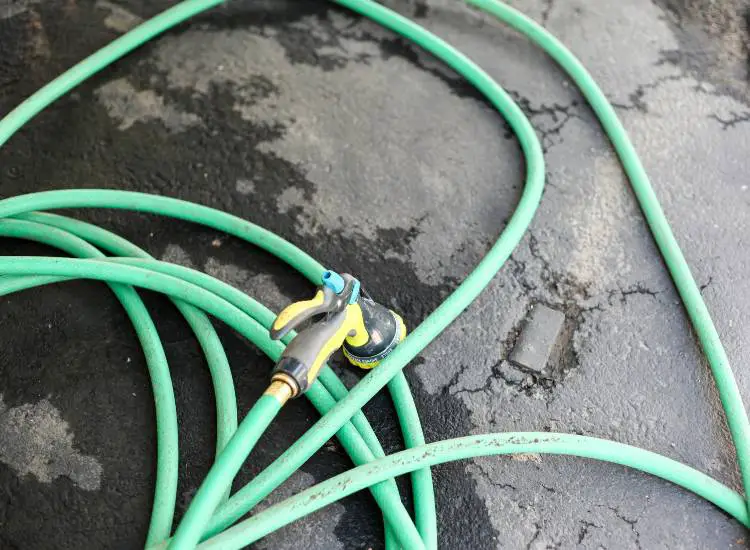
Is it safe to drink water from a garden hose?
It’s generally not recommended to drink water from a garden hose. Many hoses contain materials that can leach harmful chemicals into the water, making it unsafe for consumption.
Can you use hose water for swimming pools?
Yes, you can use hose water to fill your swimming pool. Be sure to treat the water with proper pool chemicals to ensure it’s safe and clean for swimming.
Is showering with hose water harmful?
Showering with hose water is typically not harmful, as long as the water source is clean. You may want to use a water filter if you’re concerned about impurities in the water.
Is hose water safe for aquariums?
Hose water can be used for aquariums, but it’s crucial to treat it with water conditioners to remove chlorine and other harmful chemicals before adding it to the tank.
What makes hose water different from tap water?
The difference between hose water and tap water mainly lies in the pipe system delivering the water. While tap water passes through treated water systems, hose water may run through hoses that contain harmful chemicals or contaminants.
Is it safe for dogs to drink hose water?
Occasionally letting your dog drink from a hose should be safe. However, to minimize any potential risk, provide your pet with clean water in a drinking bowl, especially during hot weather.
More Garden Hose Articles
- How to Measure Garden Hose Size
- Increasing Water Pressure in a Garden Hose
- How to Store an Expandable Hose
- Draining a Pool with a Garden Hose
- How to Remove a Metal Hose Connector
- Keep a Garden Hose from Freezing
- How Long to Fill up Pool with Garden Hose?
- How to Flush a Radiator with a Garden Hose
- How to Shorten a Garden Hose

